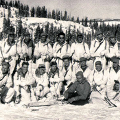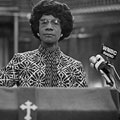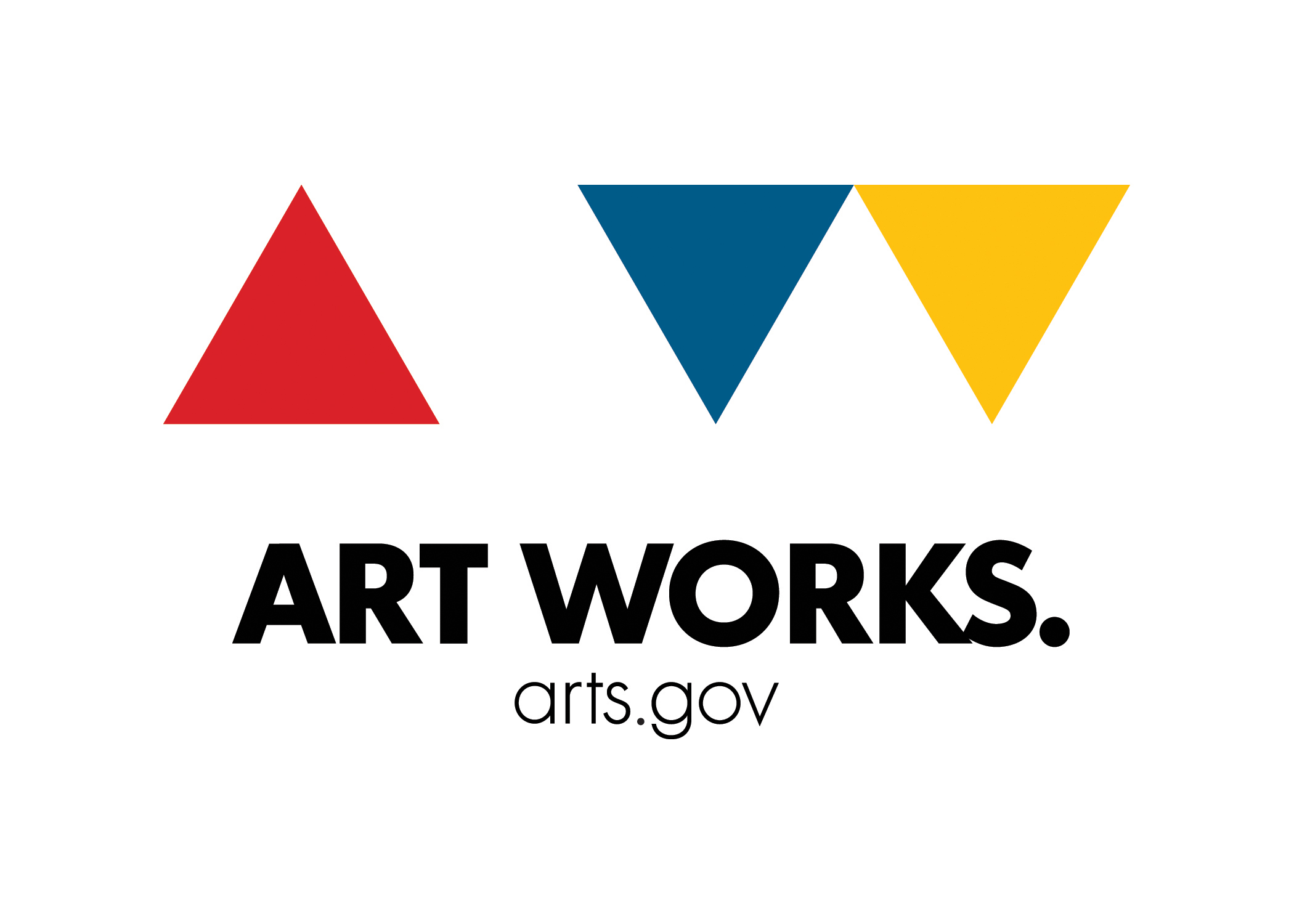Joe Richman: From PRX’s Radiotopia, this is Radio Diaries. I’m Joe Richmond.
Walter Cronkite: Good evening. Tonight, the subject of abortion, the illegal termination of pregnancy has reached epidemic proportions in this country.
Joe Richman: That’s Walter Cronkite on CBS in 1965. At that time, abortion was illegal everywhere in the United States, but that didn’t mean that women didn’t have them.
Walter Cronkite: The conflict between the law and reality has resulted in a national dilemma. Abortion will continue to be a critical problem. And for those involved may call for desperate decisions that result in dangerous medical complications.
Joe Richman: Hundreds of women were dying each year in botched abortions. In 1965 and underground network formed in Chicago to help women who wanted to have abortions in a medically safe way. They call themselves “Jane.” At first, they connected women with doctors willing to break the law to perform the procedure, but eventually, women in the collective trained to perform abortions themselves.
Today on the Radio Diaries podcast, the Story of Jane. And a heads up, this story includes some graphic descriptions that may not be appropriate for all listeners.
Wynette Willis: My name is Wynette Willis. When I was 23 years old, I was a single mom and I became pregnant. It terrified me the thought of having another kid by myself. I think I was kind of desperate, actually. I remember being on an L, on the train platform and seeing a sign. And the sign said, “Pregnant?” And there was a question mark. “Don’t wanna be?” Question mark. “Call Jane.” And a phone number. So, I called.
Heather Booth: My name’s Heather Booth. I started Jane in 1965 when a friend of mine was looking for a doctor to perform an abortion. I made the arrangements, then someone else called. Well, by the third call, I realized I couldn’t manage it on my own. I thought I better set up a system.
Martha Scott: My name is Martha Scott. I joined the group in 1969. I had four children under the age of five. Many of us were stay-at-home moms, a bunch of housewives.
Jeanne Galatzer-Levy: I’m Jeanne Galatzer-Levy. I was a member of Jane. I was 20 years old. I hadn’t had so much as a speeding ticket, but abortion really was the front line. It was where women were dying.
Wynette Willis: There was all kinds of stories out there. You know, people who had used a hanger to stick in themselves to kind of stimulate abortions, but I wasn’t going to do that. So that’s why I went to Jane.
Jeanne Galatzer-Levy: Women would call an answering machine, were asked to give their phone number, their name, and the date of their last period.
Martha Scott: We met someone before they were going to do this. We gave them a chance to talk about it. And we told them what was going to happen. There were lots of points along the way where they could have said, “No, changed my mind,” because you do think about it a lot. I don’t think anyone chooses to have an abortion lightly.
Wynette Willis: I remember the day of, I took public transportation to this apartment in Hyde Park. There was like seven or eight people in there. And we waited. At the appointed time, we were put into a car and we were taken to a second location where the abortion was performed. It felt very underground, you know. I remember looking at the people who perform the surgery and I felt relief that somebody was going to help me.
Walter Cronkite: Good evening. The facts are astonishing. Hundreds of thousands of pregnant women, unmindful of what may happen to them, secretly seek abortions. For them, there is a wide gulf between what the law commands and what they feel they must do.
Ted O’Connor: My name is Ted O’Connor. I was a young homicide detective on the South Side of Chicago. This is a Catholic city. Abortion wasn’t even discussed. And I knew nothing about Jane. The whole operation was totally under our radar.
Leslie Reagan: Jane was very organized and very clandestine and secretive. My name is Leslie Reagan. I’m a professor of history and author of the book, “When Abortion Was a Crime.” The thing that ultimately made Jane so unique was they took the practice of abortion into their own hands. They decided to learn and perform abortions themselves. And that was a stunning decision.
Jeanne Galatzer-Levy: We told them up front we were not doctors. You know, doctors charged $500 a pop. So we would say, we charge a hundred dollars, but we will take what you can pay. We were doing four days a week and we were typically doing 10 women a day.
Martha Scott: We would rent apartments all over the city. We set up in two bedrooms and put linens on the bed and sterilized our instruments. So the person who was having the abortion would, you know, stretch out and the person who was assisting would sit with them while it was happening, you know, hold hands and, you know.
And then I would insert the speculum, administer the anesthesia that was delivered by four shots to the cervix, and then the cervix would be dilated. And then the instrument would be inserted into the uterus to remove the material. So that was the procedure.
Jeanne Galatzer-Levy: We gave every woman a little pill box with Ergotrate to help prevent bleeding and Tetracycline, which is an antibiotic. By and large, we were dealing with healthy women pregnancies. I mean, we were not qualified to deal with somebody with real medical problems.
Martha Scott: I probably did hundreds of abortions. I mean, the fact is abortion is a pretty easy procedure. But still, you’re messing around inside somebody else’s body. It’s not necessarily given that you won’t do harm.
There were problems. There were people who ended up in the emergency room. You know, it wasn’t always perfect by any means. You know, we felt it was the right thing to do, but that doesn’t mean anything when the police are actually at your door.
Ted O’Connor: It was spring of 1972 and two female Hispanics walked into the police station. And they told us that their sister-in-law was going to have an abortion. Of course, these women were Catholic and to them, one, it was a sin, and two, they didn’t want a child killed. That’s how they felt. And so, with two unmarked squad cars, we managed to follow, uh, our target, drove into the South Shore neighborhood, pulled up in front of one of the apartment buildings, rode up on the elevator. And we saw a young woman, uh, late twenties, extremely well-dressed, and she stopped momentarily and braced herself. She was pale. It looks like the blood had drained out of her face. And, uh, my partner took her by the arm and in a very stern voice said, “Did you just have an abortion?” And she said, “Yes.” and he said, “Where?” And she led us to the door.
I really didn’t know what to expect when I walked in there. The living room was filled with young women waiting for an abortion. I was shocked to see it. And of course, they were very surprised when we came in.
Martha Scott: They were such Chicago cops, you know. They were, uh, they were burly. Uh, they spoke with South Side accents. They came in and looked around and said, “Where’s the doctor?” looking for the guy. But there wasn’t any guy, you know, there was just us.
Ted O’Connor: I remember one of the women asked me, uh, what I thought these women were supposed to do if they couldn’t get an abortion, you know, what did I think was the right thing? And, uh, and I told her, listen, I don’t have any opinions about what they should do, but you’re breaking the law. That’s all I know. And that’s why I’m here. So we arrested everybody.
Martha Scott: I remember being handcuffed to somebody and we were all taken down to women’s lockup.
Jeanne Galatzer-Levy: We were charged with 11 counts of abortion and conspiracy to commit abortion.
Ted O’Connor: I remember thinking at the time, I can see both sides of this. It’s a tough issue. You know, on my side is I don’t want to see a life destroyed. That life is helpless. It has no choice in this. And that’s, that angers me. On the other hand, I’ve never been pregnant.
Walter Cronkite: This is the CBS evening news with Walter Cronkite. Good evening. In a landmark ruling, the Supreme Court today legalized abortions.
Leslie Reagan: Six months after the arrests, the Supreme Court decided Roe versus Wade. And ultimately, the charges that had been brought against Jane are dropped.
Walter Cronkite: Anti-abortion laws of 46 states were rendered unconstitutional.
Leslie Reagan: Roe v. Wade brought an end to Jane because now there were legal providers. But the controversy didn’t just disappear.
Archival Broadcast: Perhaps more than any other issue in American life today, the abortion question is loaded with the emotional arguments of life, death, and morality, not the kinds of issues a court can finally settle.
Martha Scott: Roe V. Wade made such an enormous difference. It was a very important victory. At that point, we all kind of scattered, went on to other things. I mean, we really thought the fact that it was legal would change things, that this wouldn’t be as political anymore, that it would fade a lot as any kind of a social issue. But we were wrong. We were wrong.
Joe Richman: The Jane collective performed approximately 11,000 first and second-trimester abortions before Roe V. Wade legalized abortion in 1973. No deaths of women were ever reported in connection with the service. If the U.S. Supreme Court overturns Roe V. Wade as expected this summer more than half of all states are likely to attempt to ban or restrict abortion. At the same time, underground networks like Jane are being set up to provide access to abortion, even after it’s no longer illegal.
This story was produced by Nellie Gilles with me and Sarah Kate Kramer and edited by Deborah George and Ben Shapiro. The Radio Diaries team also includes Alissa Escarce, Mycah Hazel, and Stephanie Rodriguez. Thanks to Laura Kaplan, author of “The Story of Jane.” Radio Diaries is part of Radiotopia from PRX. You can go to Radiotopia.fm to check out all the podcasts in the network.
I’m Joe Richman. Thanks for listening.








